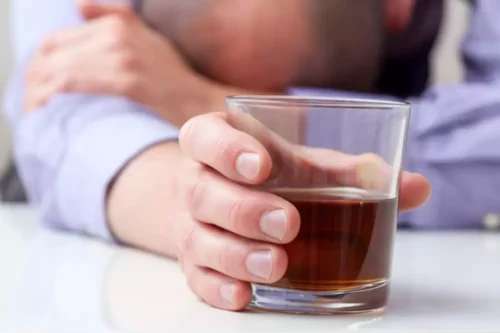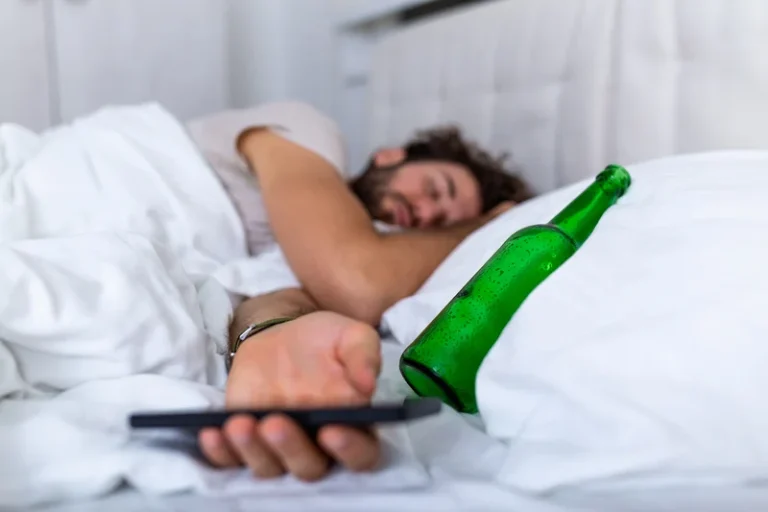
Research published in Psychopharmacology found that alcohol suppresses the release of vasopressin, an antidiuretic hormone that regulates kidney function and urine production. Alcohol affects various physiological functions and interferes with urine production, fluid regulation, and electrolyte balance, all of which are crucial for maintaining proper hydration. But the type of alcohol you choose affects how dehydrated you become.
What are the symptoms of dehydration?

Certain medications like diuretics (water pills) can result in increased urination and dehydration. When a person has very high blood sugar, their body may borrow water from other areas to balance out the volume in the cells. Higher blood sugar may also cause the body to urinate more to get rid of this excess sugar, which can influence dehydration.
Main Content
Hold a patent related to a novel means of managing fluid delivery in hospital [Patent no. Consults for Deepmind Health, which has an interest in acute kidney injury. Is the founding Editor of Perioperative Medicine, sits on the Editorial Boards of The British Journal of Anaesthesia and Critical Care. Has received financial support from Baxter for research activities.

About the Reviewer
Unless you’re a fan of dry mouth, nausea and hangover headaches, you’ll likely do anything to avoid alcohol dehydration symptoms.. The easiest way to do this is to stop dehydration before it starts — and, no, that doesn’t mean you have to give up happy hour altogether. If you are experiencing dry mouth or skin, headaches, muscle cramps, or dark-colored urine, these are signs of dehydration.
Subtle cognitive decline foreshadows older adults‘ end of driving
- Dehydration happens when you don’t drink enough water, or when you lose water quickly through, for example, sweating, vomiting and/or diarrhea.
- Fruit juice and fruit drinks may have too many carbohydrates and too little sodium, and they may upset your stomach.
- In another study in 20 older adults, drinking just 2 servings of wine increased short-term urine output.
Some medications, such as diuretics, can increase urine production and contribute to dehydration. Your doctor may have you on these medications to help with things like high blood pressure, diabetes or cardiomyopathy. If you’re taking such medications, consult your healthcare provider for guidance on how to maintain the right level of hydration. Since alcohol travels through the bloodstream, https://ecosoberhouse.com/ it can travel to other areas of our body including the pituitary gland in our brain. The pituitary gland is responsible for regulating our growth, metabolism, and reproduction by creating and regulating hormones. When alcohol reaches the pituitary gland, it blocks the creation of vasopressin, which is known as the antidiuretic hormone or the hormone that helps us retain fluid in our body.

Should You Drink Water When You’re Drunk?
- Meanwhile, the hallmark effects of an alcohol hangover are the result of oxidative stress and the body’s inflammatory response to alcohol consumption.
- Excessive urination from drinking alcohol causes your body to lose electrolytes, which are important minerals involved in many bodily functions, including nervous system function (4).
- Pay attention to how your body is feeling whenever you drink.
- It’s probable that a cocktail such as a vodka and soda is less dehydrating than a straight shot of vodka.
- This is likely because of the interaction of sugar and water within the cells.
Let’s go through some reasons why dehydration from alcohol may impact different people differently. Exactly how much water you need depends on your weight, age, level of activity, the climate of your environment and other factors. People with diabetes, heart disease, cystic fibrosis and other conditions may need to be does alcohol dehydrate you cautious. The amount of water you need can also depend on the climate and what clothes you’re wearing. Although the standard advice is eight glasses of water per day, talk to your healthcare provider to confirm the right amount for you. Additionally, making changes to the diet to replace dehydrating drinks may help.
It’s important to talk to your doctor if dehydration is listed as a side effect. Certain medications may make it easier for you to become dehydrated. People who are older, young children or those who may have a decreased thirst mechanism should be encouraged to drink liquids. Emergency medicine physician Baruch Fertel, MD, explains dehydration and what can cause it. In fact, 10 grams of alcohol makes you produce 100 mL (3.38 fl. oz.) of urine [2].

